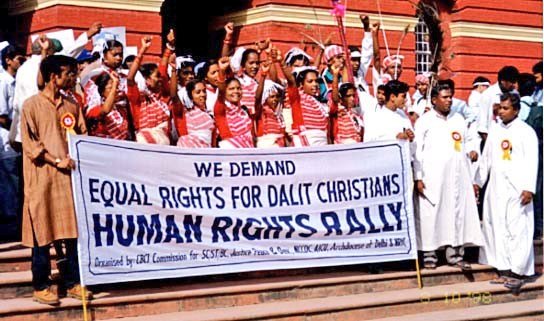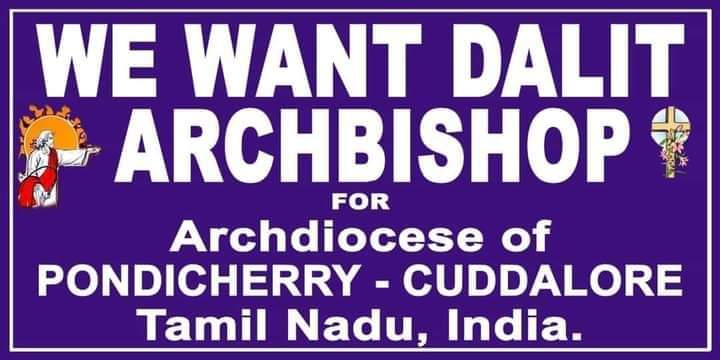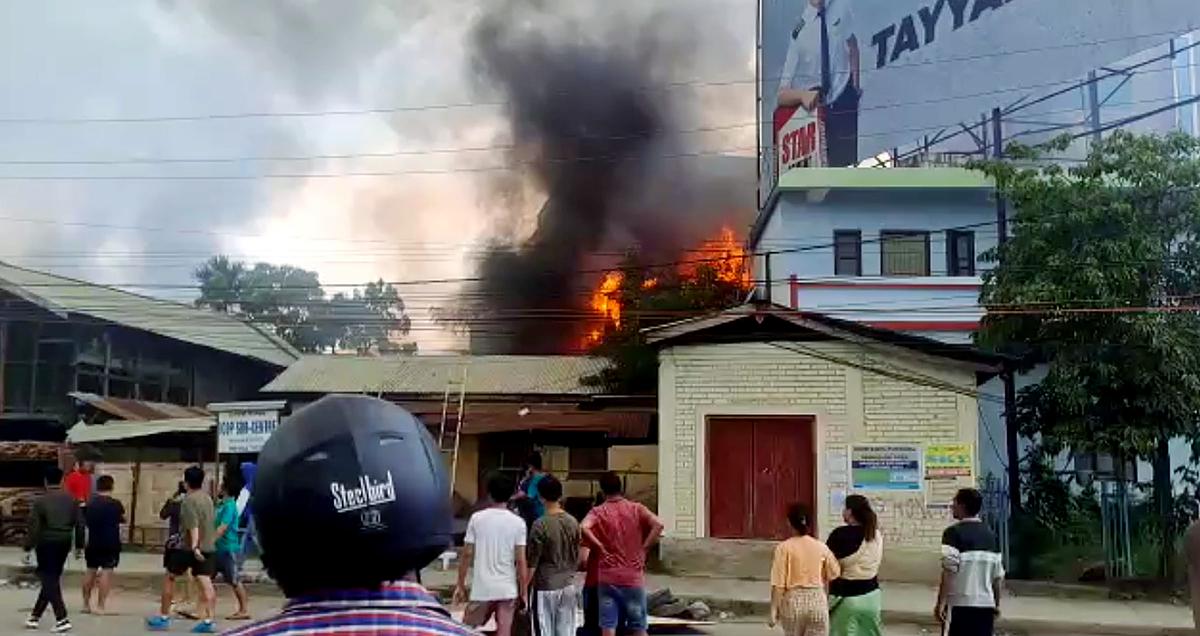By Purushottam Nayak
Bhubaneswar, November 9, 2022: The Indian federal government dashes the hopes of a million Dalit Christians and Dalit Muslims seeking Scheduled Castes (SC) status by accusing them of being of foreign origin.
“There is no hope of getting SC status for Dalit Christians. Is it a crime or an injustice for a Dalit to be Christian? Christianity may be a foreign religion, but Dalits are Indian citizens,” said Bipracharan Nayak, a Dalit Christian leader from the eastern Indian state of Odisha.
“We accept religion, but caste remains the same,” he said, asking, “Does anyone become a foreigner when he or she accepts Christianity? Is he or is she not Indian?”
He strongly reacts and continues to express his view after the report on November 9, 2022.
The report says, “As reported, the center justifies that there is a difference between Scheduled Castes who practice Hinduism, Sikhism, and Buddhism and those who practice other religions. Among the arguments the government has put forward to justify the exclusion of Dalit Christians and Dalit Muslims from the list is one that alleges the seemingly ‘foreign’ origins of Islam and Christianity as opposed to Hinduism, Sikhism, and Buddhism without directly saying so.
“In the affidavit filed through the Ministry of Social Justice and Empowerment in October, the government justified the “intelligible differentia” between Scheduled Castes practicing Hinduism, Sikhism, and Buddhism and Scheduled Castes practicing other religions by saying, “It is submitted that there exists a clear intelligible differentia between local contributions to the sector and foreign contributions,” possibly pointing to the argument that Christianity and Islam are not Indic religions and that there were foreign contributions to the creation of Christian and Muslim populations in India,” explains the report.
Dalit Christians and Dalit Muslims cannot be compared to Buddhist converts, says the Center’s 2019 report.
“Practicing Christian faith deprives one of all the benefits, privileges, and entitlements of the Government of India,” laments Amir Nayak, another grass-roots Dalit Christian leader.
The Scheduled Castes (SCs) and Scheduled Tribes (STs) were officially designated groups of people who were among India’s poorest socioeconomic groups.
Articles 341 and 342 of the Indian Constitution gave the President of India the authority to compile the SC list. It was he who defined who was to be included in the Scheduled Castes and Scheduled Tribes concerning any States or Union Territories.
Article 46 of the Constitution provides that the State shall promote with special care the educational and economic interests of the weaker sections of society, and in particular, of the Scheduled Castes and Scheduled Tribes, and shall protect them from social injustice and all forms of exploitation.
“Who can ensure constitutional benefits for Dalit Christians? Should a Dalit Christian remain low forever? Is he/she not capable of contributing to nation-building?” asks Pradeep Singh, a Dalit Christian.
According to the Scheduled Castes status, the benefits and privileges are ensured by the government.
Free hostels are provided in government colleges for SC and ST categories. Relaxation in age and also in cut-off marks for different government exams in competitive exams. In comparison to general category candidates, there is a lower or no application fee. Reservation of exam seats for candidates, Schemes for Economic Development.
Article 25 of the Indian constitution says, “All persons are equally entitled to freedom of conscience and the right to freely profess, practice, and propagate religion subject to public order, morality, and health,” right to profess, practice, and propagate any religion.
Article 26 also gives all denominations the right to manage their affairs in matters of religion.
The Simon Commission and the Government of India Act of 1935 both designated untouchables as a Scheduled Caste. The Government of India (Scheduled Caste Order) of 1936 defined the castes to be included in the SC List.
Post-Independence, the 1950 Presidential Order identifies caste communities that have experienced extreme social, educational, and economic backwardness arising out of the traditional practice of untouchability. Paragraph 3 of the 1950 Presidential Order prevents Dalit communities from exercising one of the most basic human rights, the right to freedom of conscience and belief.
Dalit Christians make up the largest Christian population in India.










